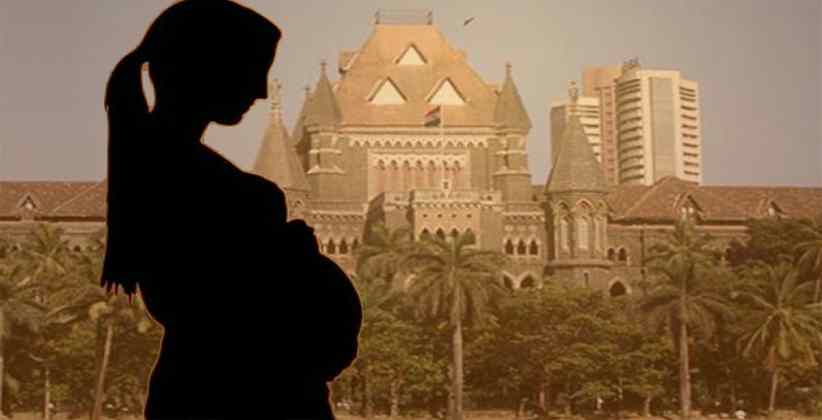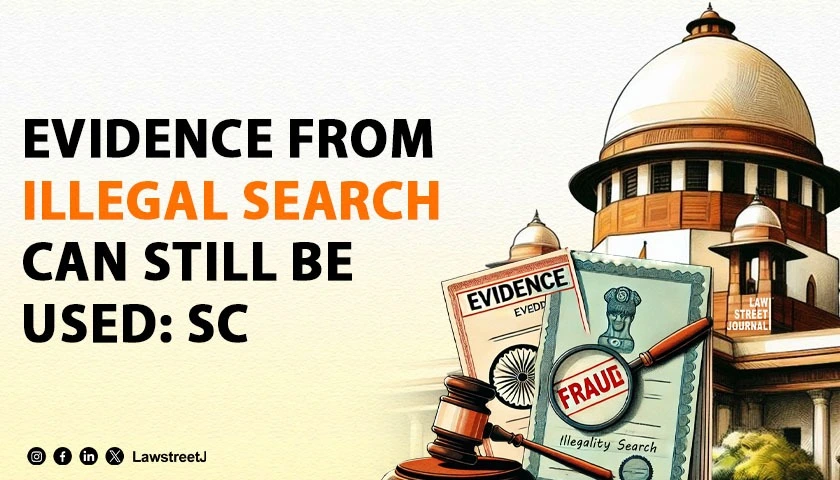In a major relief to a 16-year-old rape survivor, the Bombay High Court while passing an order through video conference on May 10, 2020, allowed her to abort and terminate a 24-week pregnancy. An urgent order in this regard was sought by the state and the central government. It was also noted that when the victim was taken to the hospital by her parents on coming to know about her pregnancy, she was already 21-weeks pregnant.
The Bombay High Court noted that "In view of her history and the fact that teenage pregnancy carries a risk of mental and physical morbidity, the medical termination of pregnancy is approved by the medical board".
The Medical Termination of Pregnancy Act, 1971 (Act No. 34 of 1971) in Section 3 states the provision for the termination of pregnancy, which reads as follows.
Section 3. When Pregnancies may be terminated by registered medical practitioners. -
(1) Notwithstanding anything contained in the Indian Penal Code (45 of 1860), a registered medical practitioner shall not be guilty of any offense under that Code or under any other law for the time being in force, if any pregnancy is terminated by him in accordance with the provisions of this Act.
(2) Subject to the provisions of sub-section (4), a pregnancy may be terminated by a registered medical practitioner, -
(a) where the length of the pregnancy does not exceed twelve weeks if such medical practitioner is,
or
(b) where the length of the pregnancy exceeds twelve weeks but does not exceed twenty weeks, if not less than two registered medical practitioners are, Of opinion, formed in good faith, that, -
(i) the continuance of the pregnancy would involve a risk to the life of the pregnant woman or of grave injury physical or mental health; or
(ii) there is a substantial risk that if the child were born, it would suffer from such physical or mental abnormalities as to be seriously handicapped.
Citing the above provision, doctors had refused to abort the fetus as it explicitly bars termination of pregnancy beyond 20 weeks. The rape survivor's father, therefore, pleaded before the Court that his daughter, who is just 16-years-old, can suffer mental agony due to unwanted pregnancy.
The High Court based its decision on the recommendation of the panel of doctors headed by the Dean of Sassoon Hospital who was asked by the Court to examine the case of a girl by on May 05, 2020 and allowed the plea.
Similarly, On May 05, 2020, the Bench of Justices AK Jayasankaran Nambiar and Shaji P Chaly of the Kerala High Court in the case of ABC v. Union of India had allowed to abort 24-week old fetus carried by a 14-year-old rape survivor. The Division bench had made some interesting observations as following,
We are of the view that the Ys right to make reproductive choices is also a facet of her personal liberty as understood under Article 21 of our Constitution. The said choice would extend to deciding whether or not to carry her pregnancy to its full term. Although the said right is subject to the restrictions imposed under the MTP Act, in the instant case, we find that the report of the Medical Board justifies Ys decision, and besides, she also has the consent of her parents to terminate her pregnancy.
On earlier occasions, in April 2018 bench of Justice NH Patil of the Bombay High Court had allowed a 13-year-old rape survivor to terminate the 24-week fetus.
A single-judge bench of Justice Vibhu Bakhru of the Delhi High Court had also on February 06, 2020, allowed the termination of a 24-week pregnancy of a minor rape survivor based on the report submitted by the medical board of the Ram Manohar Lohia Hospital which concluded that allowing her to continue with pregnancy will pause significant risk to her life.
On March 2, 2020, the Medical Termination of Pregnancy (Amendment) Bill, 2020 was introduced in Lok Sabha by the Minister of Health and Family Welfare, Dr. Harsh Vardhan and it was passed on Mar 17, 2020. Due to COVID-19, the bill could not be passed in the Rajya Sabha and hence couldnt become the law. This bill seeks to amend the Medical Termination of Pregnancy Act, 1971 by raising the upper limit of termination of pregnancy from 20 years in the present Act to 24 years.
Under the amendment, every state government is required to constitute a Medical Board. These Medical Boards will consist of the following members: (i) a gynecologist, (ii) a pediatrician, (iii) a radiologist or sonologist, and (iv) any other number of members, as may be notified by the state government. Interestingly the powers and functions of these Medical Boards will be notified by the central government.
One of the interesting features of the bill is the protection of privacy of a woman. The proposed amendment will inset Section 5A under the original Act wherein no registered medical practitioner will be allowed to reveal the name and other particulars of a woman whose pregnancy has been terminated, except to a person authorized by law and anyone who contravenes this provision, can be punishable with imprisonment of up to one year, or with a fine, or both.
In the present case, a criminal case is already registered against the accused under the Protection of Children from Sexual Offenses (POCSO) Act, 2012, and other sections of the Indian Penal Code (IPC), 1860.








